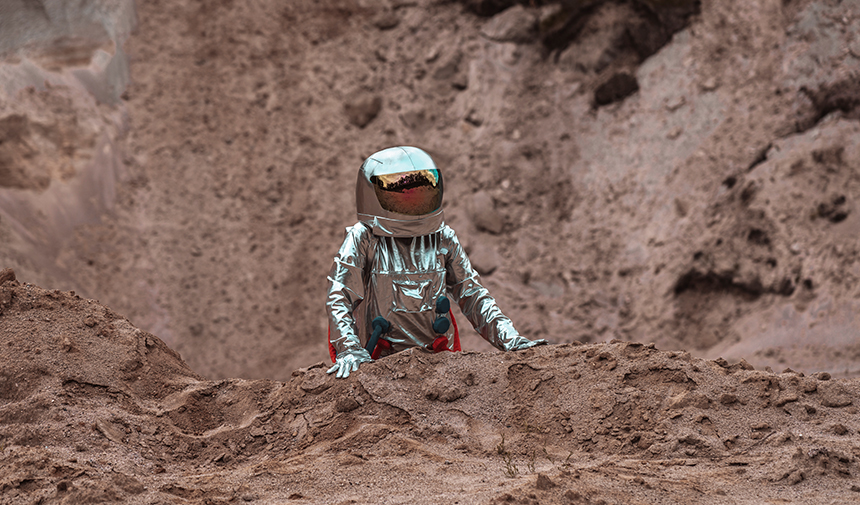Plans for the First Human Settlement on Mars are Moving Fast
Plans for human settlement on Mars, one of the most exciting goals in human history, are advancing rapidly. Space agencies, private companies and international collaborations continue to make great strides towards the exploration of the red planet and a long-term human presence.
NASA, SpaceX, ESA and other space agencies are developing long-term strategies for the exploration and colonization of Mars. These strategies include detailed mapping of the Martian surface with unmanned vehicles and robots. They also include long-term space missions and simulations to understand their impact on human health.
Elon Musk, CEO of SpaceX, one of the leaders in the private sector, is investing heavily in developing the Starship rocket that will carry humans to Mars. SpaceX’s Mars colonization plans are shaped by the development of Starship, a reusable rocket with a large payload capacity.
Manned Mars missions are among the greatest engineering and scientific achievements that will push the boundaries of space technology. These advances in space exploration are not just about getting to Mars, but also about establishing a sustainable human presence in space.
The technical challenges of sending humans to Mars include the physical and psychological effects of long-duration travel, radiation protection, and the provision of basic life support systems such as nutrition and oxygen production. Therefore, collaboration and innovative solutions between space agencies and private companies are crucial for the success of Mars missions.
Future Mars colonization will provide new technological advances and scientific discoveries for humanity. The utilization of the Martian atmosphere and resources could offer new opportunities in areas such as space mining and sustainable energy production.
As a result, plans for human settlement on Mars are met with great interest and excitement around the world. Such missions could usher in a new era of human space exploration and inspire future generations.



